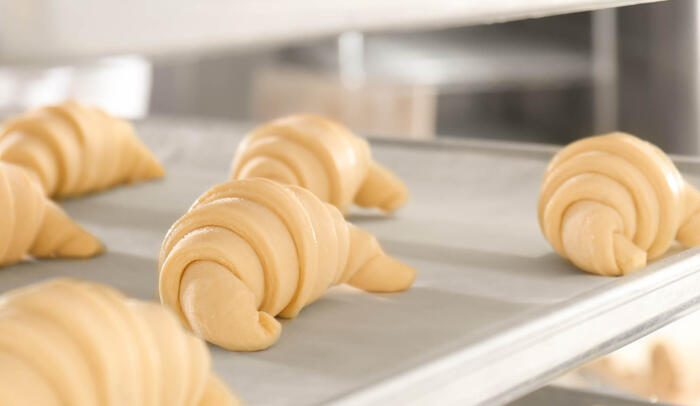More and more companies are using ready-made salt brine
Many food companies use salt as an ingredient. This is usually supplied in bags, big bags or bulk and then added to the other components. Often, however, water is also part of the recipe and, in many cases, it is more cost-effective to use brine. ZOUTMAN can guarantee a top-quality supply.
Pure salt or brine?
ZOUTMAN specialises in refining and supplying sea salt. This can come in various formats, from ultra-fine grains to coarse crystals. For many food companies, a reliable supply of salt is crucial to ensure the quality of their products. More and more companies are now counting on ZOUTMAN to guarantee this supply.
There is, however, a clear shift within the industry. An increasing number of ZOUTMAN’s clients are buying brine rather than salt. These include Agristo, Paulig and Vandemoortele. The brine contains a fixed percentage of salt: 23%. If this concentration is too high, you can simply dilute it. But why would you choose brine instead of 'classic’ salt?

Brine allows you to further streamline your production processes and reduce the risk of contamination.
Two-fold benefit
The use of brine offers two major benefits: economical and ecological. Above all, the use of brine is beneficial to the customer. Many food companies use water as well as salt in their recipes. These elements tend to be delivered separately, but brine can allow one of these steps to be skipped. This, in turn, streamlines the process as there is no need for huge, heavy bags to be lugged around and poured into mixers (a step which also poses a risk in terms of contamination). The brine can be added directly without a separate step for the salt.
There is also the environmentally friendly aspect of the story. Salt crystals are rinsed at ZOUTMAN to create a pure product. The result is not only salt that is ideal to be used as an ingredient, but also a blend of the process water with salt – which creates brine. This brine, purified by ultra-filtration, fulfils the highest food safety requirements and can thus be used as an ingredient without any issues. A sideline is therefore not wasted but fulfils its potential as a valuable ingredient. This is hugely beneficial for the environment.

Above all, it is practical
The choice of brine ensures simplicity. You only need a regular tank to store the brine; there are no specific requirements for the equipment. A tank is much more efficient than stacking bags of salt and you can store a greater volume of salt in a limited area, also outside. The pipes only have to fulfil regular standards too as the salt level in the brine is too low to damage them or create blockages.
If necessary, ZOUTMAN can also install a pressure sensor in the tank to monitor the quantities of remaining brine so when the volume is low, supplies can be replenished automatically. This means you do not need to worry about your salt supply and will not have to face any unpleasant surprises.
Customised advice
The advantages of brine are greater for larger scale production processes. It will still be practical to manually add a few bags of salt if there is only limited use of this raw material. When volumes increase, however, it quickly becomes worth aligning production with the use of brine so that the entire process can be accelerated and streamlined.
Even then, though, ZOUTMAN will not recommend the use of brine just for the sake of it. You can come to ZOUTMAN for customised advice, so you can decide on the best solution for your specific production process. This may include small bags of salt, big bags or bulk, or a certain type of brine. At ZOUTMAN, there will always be an answer to your questions.



